
BURN SURVIVORS OF NEW ENGLAND
Meetings are currently held virtually on the 2nd Tuesday of every month at 6pm.
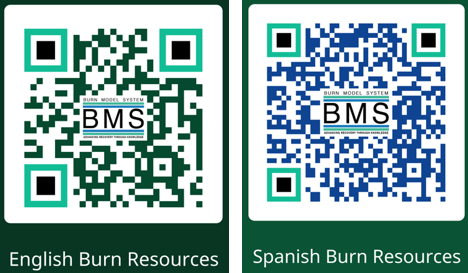
MSKTC BURN INJURY RESOURCES
Check out these wonderful resources developed by the model systems on living with burn injury!

LIBRE PROFILE
The LIBRE Profile is dedicated to understanding and improving the social recovery of burn survivors For more information visit LIBRE Profile or call 617-952-6302
Featured Videos
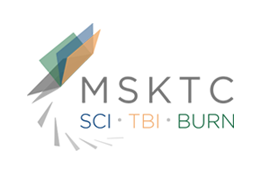
Knowledge Translation Center (MSKTC)
The MSKTC summarizes research, identifies health information needs, and develops information resources to support the Model Systems programs in meeting the needs of individuals with traumatic brain injury (TBI), spinal cord injury (SCI), and burn injury.
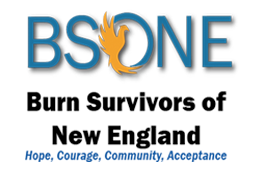
Burn Survivors of New England (BSONE)
The BSONE is a nonprofit organization that supports and empowers burn survivors and their families as they build active and engaged lives. Their efforts focus on bringing peer support to burn survivors and their families. They hold several annual events to help bring the burn survivor community together and raise funds to award scholarships to send New England Burn Survivors to the Phoenix World Burn Congress.
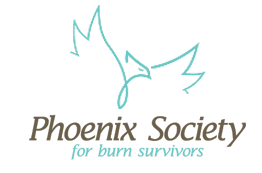
Phoenix Society
The Phoenix Society for Burn Survivors is the leading national nonprofit organization dedicated to empowering anyone affected by a burn injury. Through Phoenix SOAR (Survivors Offering Assistance in Recovery), World Burn Congress, Phoenix Education Grant, online peer support, and an online resource library, the Phoenix Society for Burn Survivors works to help burn survivors throughout their recovery process.
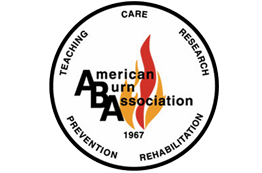
American Burn Association (ABA)
The ABA and its members are committed to improving the quality of care provided to burn patients by stimulating research, fostering prevention efforts, and providing continuing education courses, annual scientific meetings, and scientific publications.
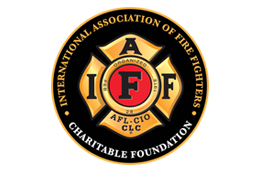
International Association of Firefighters (IAFF)
The IAFF works to better fire safety, prevention, and education. It represents more than 303,000 full-time professional fire fighters and paramedics and is one of the most active lobbying organizations in Washington, DC.
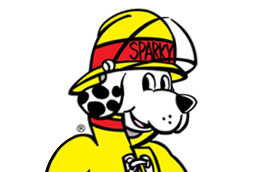
National Fire Protection Association (NFPA)
The NFPA is a global nonprofit organization that is devoted to eliminating death, injury, and property and economic loss due to fire, electrical accidents, and related hazards. They do so by educating the public about fire safety, acting as advocates, supporting research, and training individuals on codes and standards.
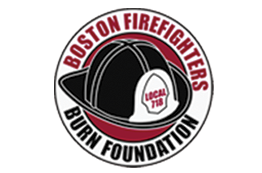
Boston Firefighters Burn Foundation
The Boston Firefighters Burn Foundation is comprised of Boston Firefighters who, on their days off, provide both emotional and financial support to burn survivors and their families. They host fundraising events, build relationships, and provide services where needed.